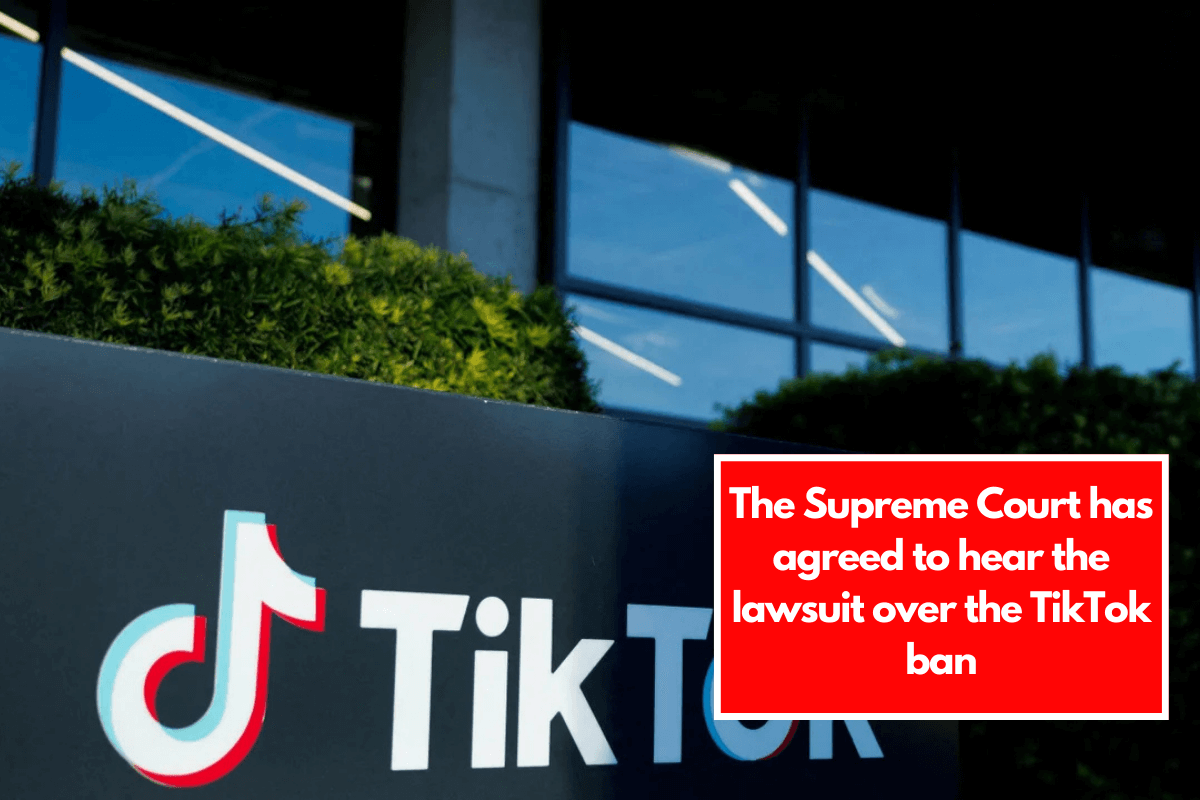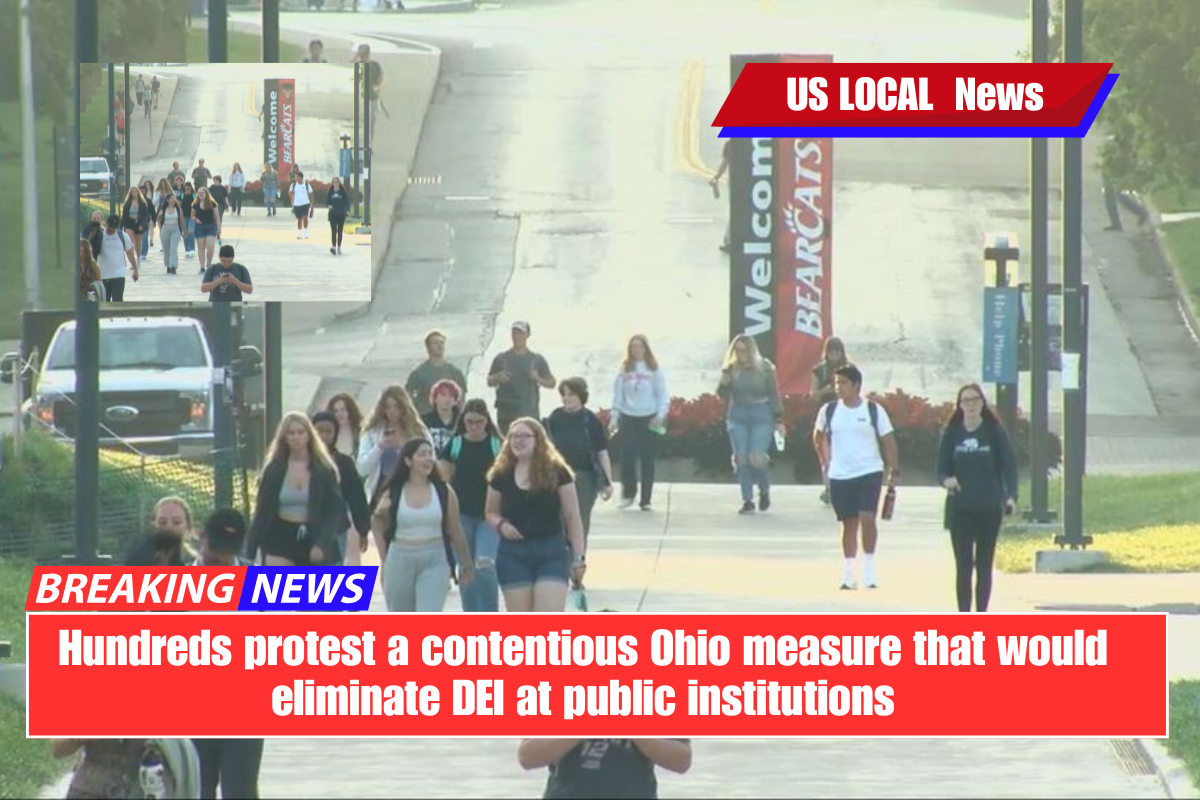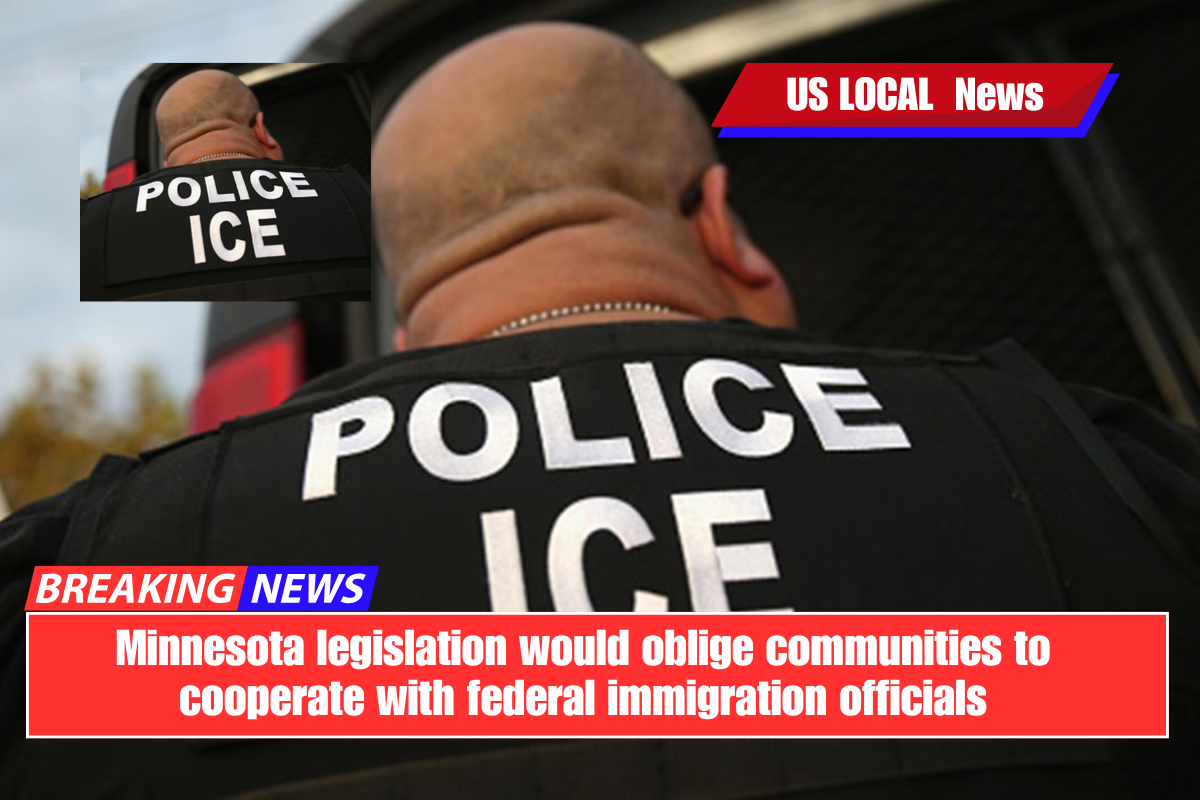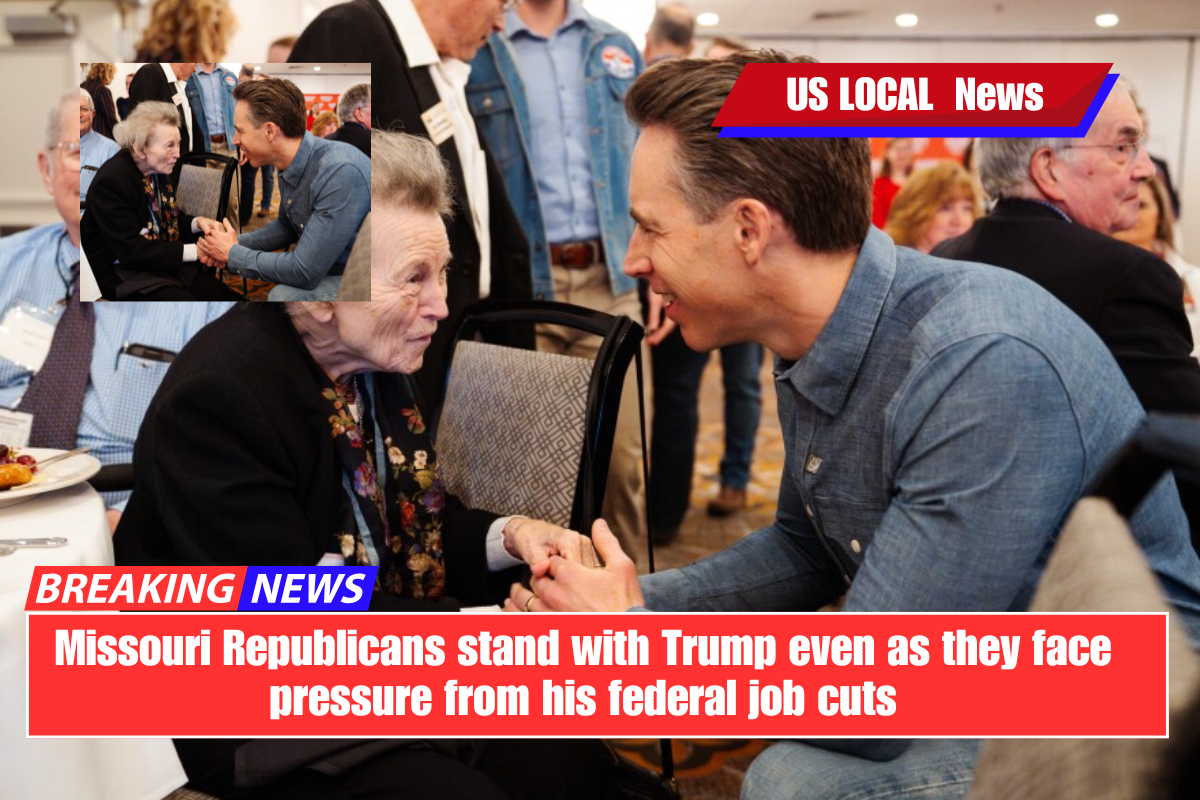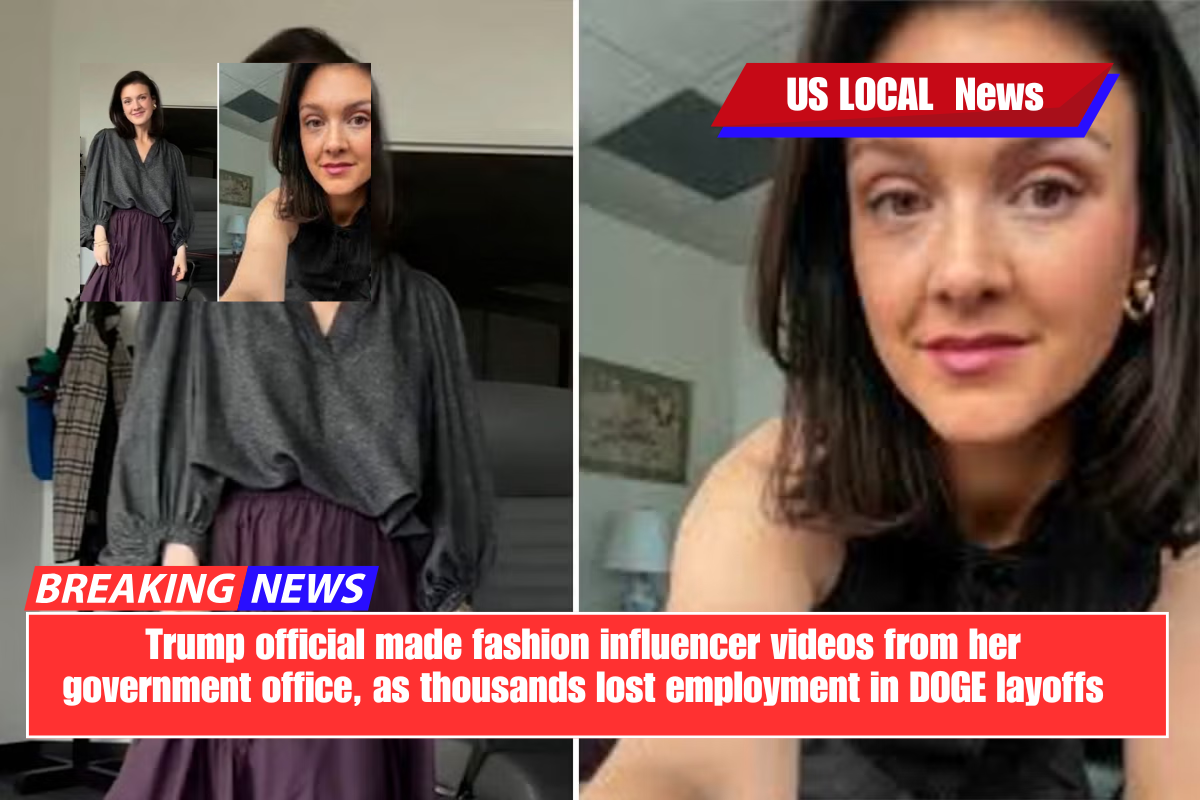The Supreme Court decided on Wednesday to decide whether a contentious ban on the social media app TikTok violates the First Amendment, adding a major issue to its docket this term, just as President-elect Donald Trump enters office.
The Supreme Court decided to expedite the case and hear arguments on January 10.
TikTok’s appeal to the Supreme Court pits the justices in a high-profile battle between Congress, which has raised national security concerns about China’s control over the app, and the platform’s users and executives, who say that the ban violates the First Amendment.
Congress approved the prohibition with bipartisan backing earlier this year, and President Joe Biden signed it into law in April. The bill was enacted in response to years of worry in Washington that TikTok’s Chinese parent business poses a national security danger, while Congress has stated that the app can continue to function in the United States provided it divests from Chinese ownership.
Earlier this month, a federal appeals court in Washington, DC unanimously maintained the ban, citing the government’s national security interest in regulating the platform in the United States.
The court’s treatment of TikTok’s appeal was unique — and extraordinarily swift — emphasizing the gravity of the situation.
In most matters, including emergency cases, the court considers written submissions from both sides before deciding whether to hear arguments on its normal schedule. In this case, it bypassed that procedure and decided to hear the appeal immediately.
In announcing that it will hear arguments on the constitutionality of the law, the court also said it was deferring its consideration of whether to temporarily block the ban until the day of oral arguments, implying that the justices could issue a ruling in the case mere days before the law goes into effect on January 19.
The petition was placed on the high court’s emergency docket days after the DC Circuit Court of Appeals unanimously denied the company’s plea to temporarily block the law.
TikTok’s representative, Michael Hughes, said in a statement that the business is “pleased” that the court agreed to hear the case.
“We believe the Court will find the TikTok ban unconstitutional so the over 170 million Americans on our platform can continue to exercise their free speech rights,” he told reporters.
Trump looms large
Trump’s reelection will be strongly influenced by the court battle because, while he has had conflicting views, he has recently appeared to warm to the program. Trump will be inaugurated on January 20, one day after the law is slated to take effect.
Trump met with TikTok CEO Shou Chew at Mar-a-Lago on Monday, according to a person familiar with the encounter. Hours earlier, during a news conference, the president-elect hinted that he would take a softer approach to the platform.
“You know, I have a soft spot in my heart for TikTok because I won youth by 34 points, and there are some who believe TikTok had something to do with it,” Trump remarked during his first news conference since the election. (According to CNN’s 2024 exit polls, Trump lost 11 percentage points against Vice President Kamala Harris among voters aged 18 to 29.)
TikTok’s attorneys took note of Trump’s remarks, telling the Supreme Court in an emergency appeal earlier this week that blocking the law from taking effect is “appropriate” because it would give “the incoming administration time to determine its position, as the president-elect and his advisors have voiced support for saving” the app.
The statute authorizes the president to issue a one-time extension of the January 19 deadline. However, because Trump takes office a day after the ban’s effective date, his options appear to be more constrained.
ByteDance, TikTok’s Chinese parent firm, has previously stated that it will not sell the site.
Major First Amendment dispute
Given the innovative legal questions it raises regarding how broad First Amendment protections are, the restriction was widely expected to be heard by the Supreme Court someday.
The DC Circuit ruled on December 6 that the statute did not violate the Constitution, stating that it meets a legal level known as strict scrutiny, which must be reached for government limitations on speech to stand.
“The Act represented the conclusion of significant, bipartisan work by Congress and succeeding presidents. It was carefully structured to address solely control by a foreign opponent, and it was part of a larger effort to confront a well-substantiated national security danger posed by the (People’s Republic of China),” the court stated. “Under these circumstances, the provisions of the Act that are before us withstand the most searching review.”
The high court has set aside two hours for arguments on the topic next month, though the justices may spend more time analyzing the statute during the session.
The court will hear arguments from attorneys for TikTok and the government, as well as counsel for app users appealing the ban. That group comprises eight TikTok users and BASED views, Inc., a charity that uses the platform to promote libertarian views.
In recent years, the Supreme Court has periodically addressed social media and First Amendment issues, including an important decision in June in which a majority of the court indicated that the platforms are protected by the First Amendment.

